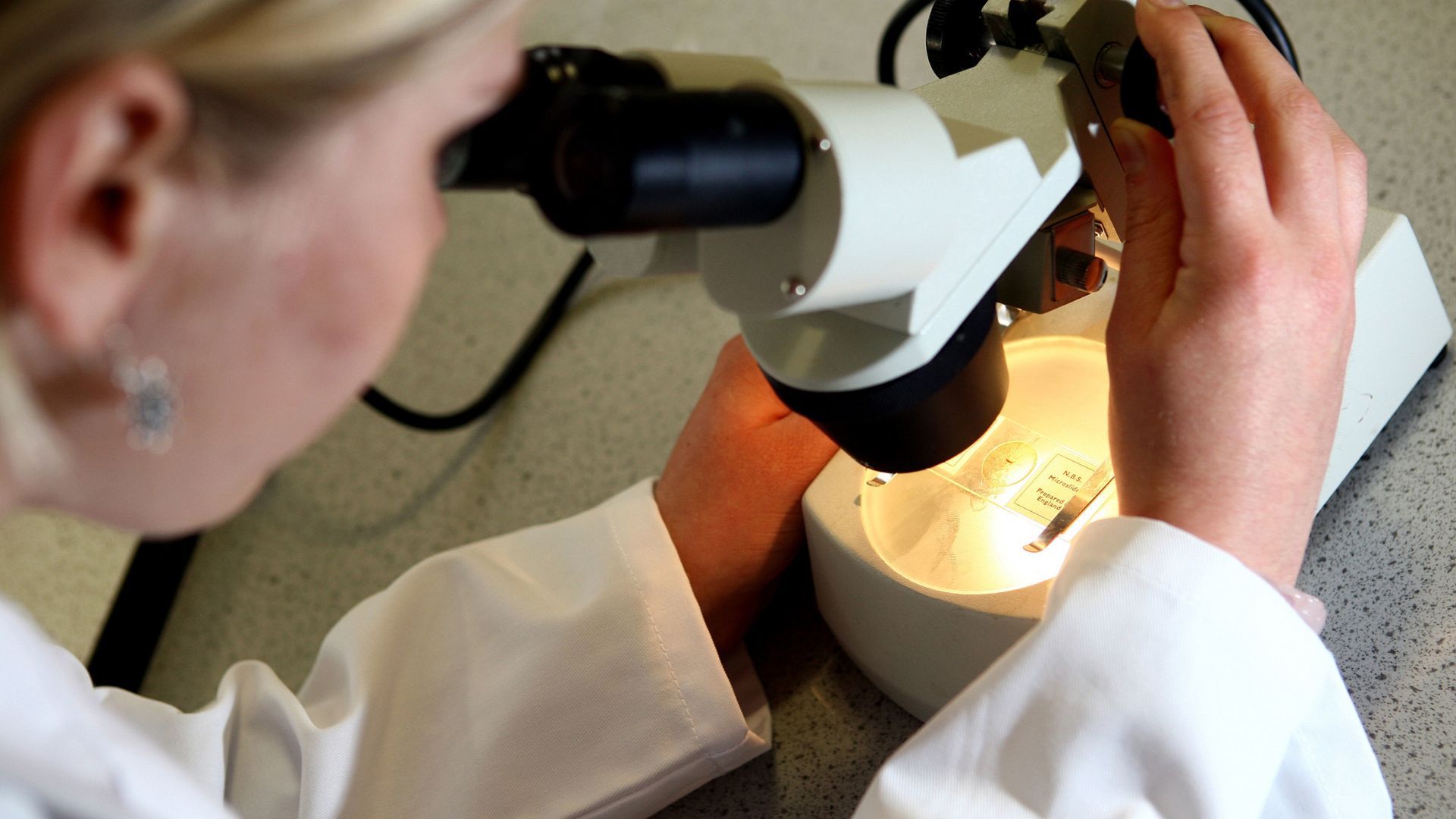One person in England has died linked to the ongoing E.coli outbreak, the UK Health Security Agency (UKHSA) has said.
While two people in England have died within 28 days of being infected with the current strain, information from clinicians suggests “one of these deaths is likely linked to their STEC infection”, the UKHSA said.
Both individuals had underlying medical conditions and they both died in May.
Current case totals are as follows: 182 in England; 58 in Scotland; 31 in Wales; and four in Northern Ireland, although “evidence suggests” those four “acquired their infection in England”, the health body added.
At least 122 people have been admitted to hospital for treatment since the outbreak began.
As of 25 June, a further 19 cases had been reported in the latest seven-day period.
It brings the total number of confirmed infections across the UK to 275.
All currently registered cases showed symptoms before 4 June.
It emerged last week that the outbreak has been traced to lettuce.
A number of food manufacturers have recalled sandwiches, wraps and salads sold in major retail chains over fears they may be linked to the outbreak.
STEC is short for Shiga toxin-producing Escherichia coli.
While the UKHSA said the number of infections being reported is going down, it expects to see more.
That is because samples are still being referred from the NHS, and “whole genome sequencing” is being conducted.
Symptoms include “severe and sometimes bloody diarrhoea, stomach cramps, vomiting and fever”, said Amy Douglas, the UKHSA’s incident director.
Simple steps to avoid becoming infected include washing your hands with soap and warm water and using disinfectants to clean surfaces, she added.
Those that are unwell should not prepare food for others and avoid visiting people in hospitals or care homes.
They are also advised not to return to work, school or nursery until 48 hours after their symptoms have stopped.
Please use Chrome browser for a more accessible video player
Darren Whitby, head of incidents at the Food Standards Agency, said the investigation “remains complex”.
He added: “We continue to work with the relevant businesses and the local authorities to ensure necessary steps are being taken to protect consumers.
“Although we are confident in the likely source of the outbreak being linked to lettuce, work continues to confirm this and identify the root cause of the outbreak with the growers, suppliers and manufacturers so that actions can be taken to prevent a re-occurrence.”










